Top 17 Google My Business Alternatives & Competitors in 2024
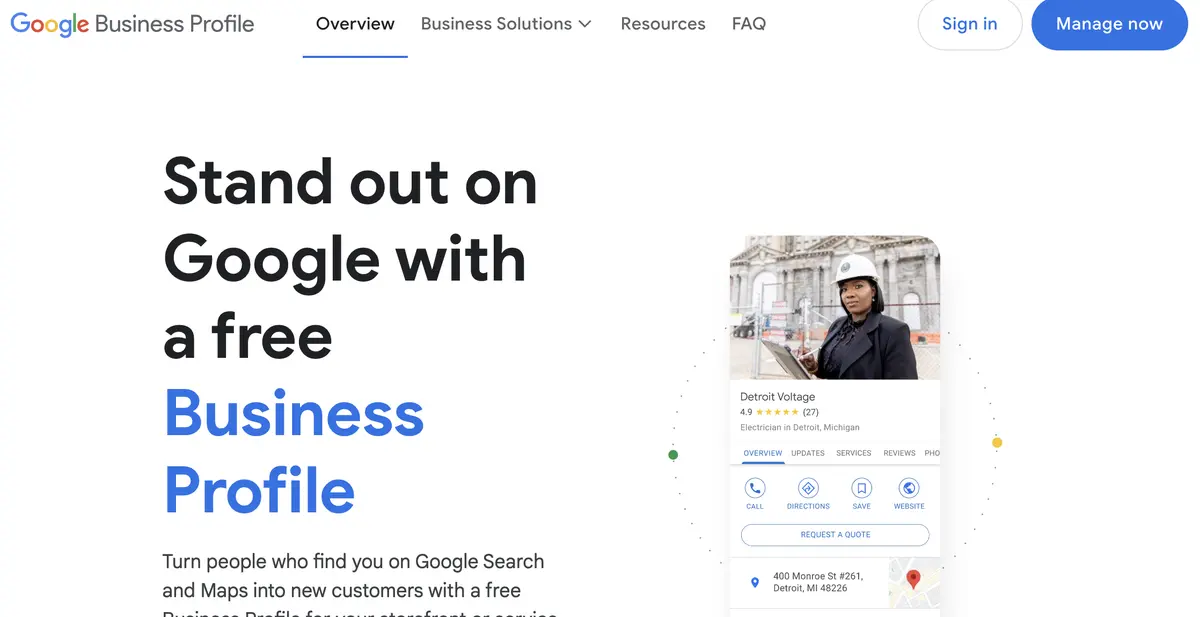
Google My Business is a local SEO tools that lets local shops and services show up when people search for them online. Think of it as your business’s digital storefront on Google - it shows your hours, location, photos, and customer reviews right when someone looks you up. Whether you run a coffee shop, hair salon, or dental office, this free tool lets you control what customers see about your business on Google Maps and Search.
You can post updates about special offers, respond to customer reviews, and even see how many people find your business through Google. It’s particularly handy for small businesses that want to attract nearby customers but don’t have the time or money for complex marketing tools.
While Google My Business is a great product, it’s always good to shop around and look for alternatives. This article identifies some top competitors and their pros and cons.
Bing Places for Business
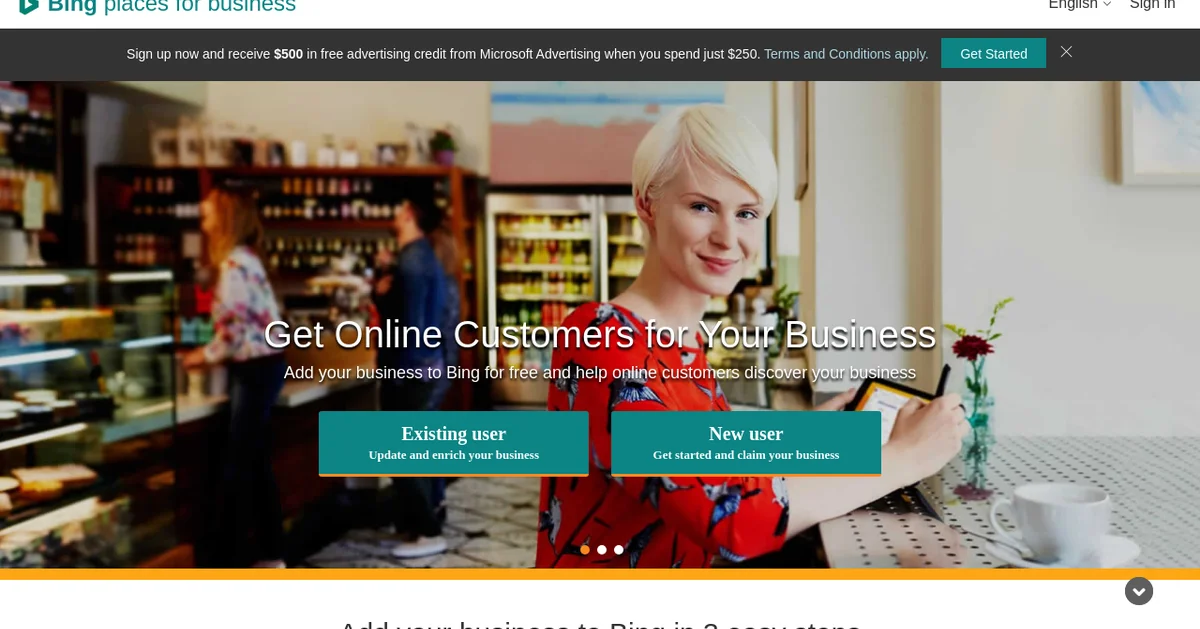
Bing Places for Business is a free tool from Microsoft that helps businesses get noticed online. It serves as a competitor to Google My Business and offers a straightforward way for companies to establish their presence online. Users can claim or create their business listings on Bing, making it easier for potential customers to find them.
A notable feature is the bulk upload option, which is useful for businesses with multiple locations. This can save time compared to managing listings individually. Bing Places also encourages users to provide detailed information about their business, such as hours of operation and services offered. Including photos makes the listing more appealing and informative.
Verifying a listing is important. This process protects businesses from unauthorized changes, ensuring the information is accurate and represents the brand properly. By signing up, businesses can access Bing’s search ecosystem, reaching millions of users looking for local goods and services.
Bing’s role as an option to Google My Business includes its integration with Microsoft’s suite of tools, which benefits users already using Microsoft products. While Bing may have fewer users than some competitors, it still offers a significant opportunity, especially for local businesses looking to connect with their community.
Pros
- Free and easy to set up
- Bulk upload for multiple locations
- Detailed business profiles with photos and services
- Verification protects business information
Cons
- Smaller user base compared to Google My Business
- Limited features compared to other platforms
- Less visibility in certain markets
Yelp for Business

Yelp for Business helps businesses connect with local customers searching for services and products. Yelp began in 2004 with the aim of creating a trustworthy space for user reviews and ratings. Over time, it evolved into a resource for users to make informed decisions about dining, shopping, and choosing services.
Yelp for Business stands out due to its emphasis on user-generated content. Businesses can create free profiles to display their offerings, photos, and reviews, promoting transparency and a sense of community. This guides potential customers toward businesses that fit their needs. A notable feature is the ability to respond to reviews, which encourages interaction. This engagement helps businesses build relationships and shows their commitment to service.
Yelp provides analytics tools that help businesses understand their performance, track engagement, and improve their profiles. This information can be valuable for small and medium-sized enterprises without extensive marketing resources. Yelp’s connection with social media platforms helps increase a business’s visibility and reach existing customer networks.
Yelp for Business offers a strong alternative to Google My Business, particularly for industries where local engagement matters.
Pros
- User-generated content boosts authenticity
- Free business profiles are available to everyone
- Ability to respond to customer reviews encourages engagement
- Analytics tools provide performance data
- Integration with social media increases visibility
Cons
- Limited control over reviews
- Competitive marketplace
- Dependence on user activity for visibility
- Potential for negative reviews to affect reputation
Apple Maps Connect
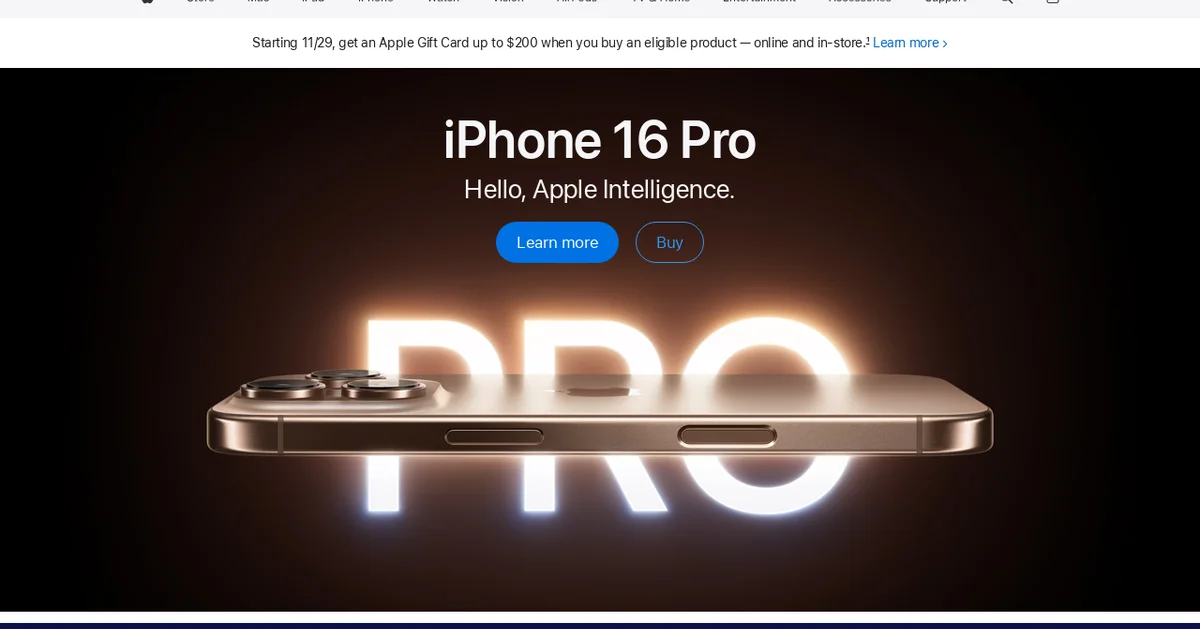
Apple Maps Connect is an online platform that helps businesses manage their presence on Apple Maps. This service is for companies that want to ensure their locations, hours, and contact details appear accurately in Apple’s mapping service. With the increasing use of mobile devices for navigation, being visible on Apple Maps is important for businesses.
One unique feature of Apple Maps Connect is its simple interface, which makes it easy for business owners to set up and update their information without needing technical skills. This ease of use is attractive, especially for smaller businesses that may not have marketing teams. The platform allows companies to claim their listings and improve them with images, descriptions, and location data, making it a valuable tool for attracting local customers.
Apple’s strong brand also contributes to its appeal. Users trust Apple, and that trust extends to its services. When a business is listed on Apple Maps, it gains credibility from the Apple brand. Apple Maps also works well with other Apple products and services, offering potential benefits for users of the Apple ecosystem.
Another advantage is access to insights and analytics. Business owners can see how often their maps were accessed, how to improve their listings, and understand customer behavior, all of which can help shape marketing strategies.
Apple Maps Connect provides businesses a simple way to manage their presence on a widely used map service supported by a reputable brand.
Pros
- Easy-to-use interface
- Smooth integration with Apple products
- Trusted brand reputation
- Access to helpful analytics
Cons
- Limited features compared to other platforms
- Focus on iOS users
- Smaller user base than competitors
TripAdvisor
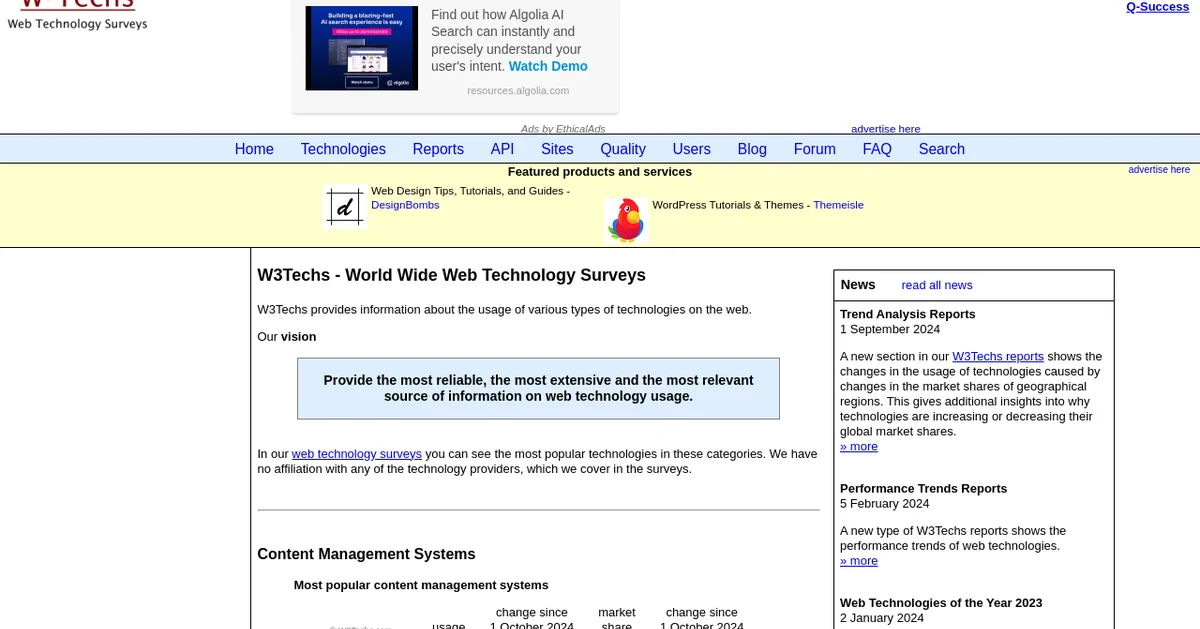
TripAdvisor is a platform known for providing travelers with reviews, ratings, and information on attractions, accommodations, dining options, and activities worldwide. Launched in 2000, the site started from a simple idea: to share experiences. Over the years, TripAdvisor has evolved into a travel planning assistant, offering user-generated insights to help travelers make informed choices.
One standout feature is its extensive database of user reviews and ratings, which provide firsthand experiences. Users can find photos, detailed reviews, and tips from those who have previously traveled or dined at a location. TripAdvisor’s interface allows for quick searches, comparisons, and filtering results based on preferences like price, distance, and popularity.
Another unique aspect is its integration with booking functions. Users can book hotels, restaurants, and activities directly, improving the travel planning process. This convenience sets TripAdvisor apart from alternatives like Google My Business, as it combines reviews with immediate booking options.
TripAdvisor’s focus on local insights appeals to travelers seeking authentic experiences. With a global presence and localized content, it draws users looking for unique recommendations beyond typical tourist spots.
TripAdvisor excels in its extensive user review system, integrated booking options, and strong community of travelers. It provides a comprehensive platform that blends information and convenience, making it a solid alternative to Google My Business.
Pros
- Extensive user-generated reviews and ratings
- Direct booking for hotels and activities
- Strong global community for authentic insights
Cons
- High volume of reviews can complicate decision-making
- Potential for biased reviews due to commercial partnerships
- Some areas may lack thorough coverage or updates
Foursquare for Business
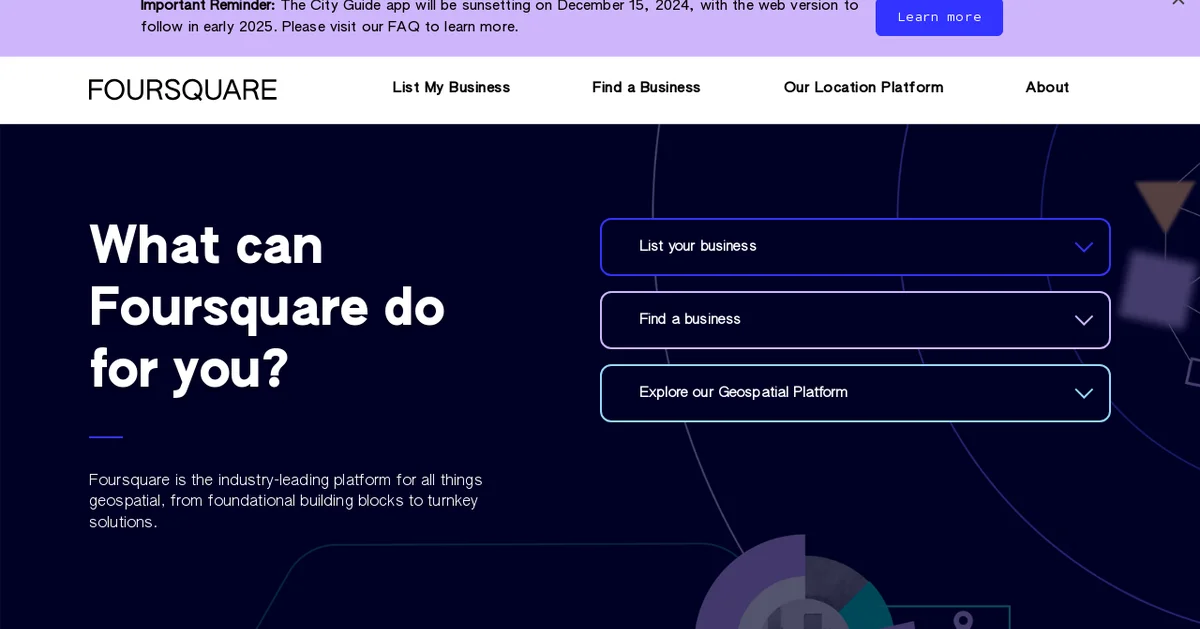
Foursquare for Business stands out in the search engine technology space. The company focuses on geospatial technology, offering tools to boost visibility in a crowded market. Founded in 2009 as a location-based social platform, Foursquare has evolved into a tool for businesses to engage with customers.
One of Foursquare’s key features is its ability to help businesses list and promote their locations on the Foursquare CityGuide, connecting them with users looking for new places. As the CityGuide app prepares to shut down in December 2024, Foursquare is shifting its strategy to use its geospatial expertise for providing stronger solutions for businesses. This shows their commitment to innovation and adapting to market needs.
Foursquare’s geospatial platform offers location technology solutions that address challenges and support business growth. This focus on location-based services sets Foursquare apart from Google My Business, which may not offer the same level of geolocation capabilities. By using precise location data, Foursquare helps businesses understand customer behavior, improve their presence on various platforms, and improve their marketing strategies.
Foursquare also provides useful analytics tools that help businesses make data-driven decisions. The service integrates easily with existing systems, offering smooth functionality that appeals to many companies looking to boost operational efficiency.
Foursquare for Business offers strong location-based resources that can benefit enterprises aiming to improve their market presence through geolocation advantages.
Pros
- Strong focus on geospatial technology
- Helps businesses list and promote locations
- Offers useful analytics tools
- Adapts to changing market needs
Cons
- CityGuide shutdown could impact visibility
- Potential adjustment period for users of the app
- Limited search capabilities compared to traditional search engines
Nextdoor
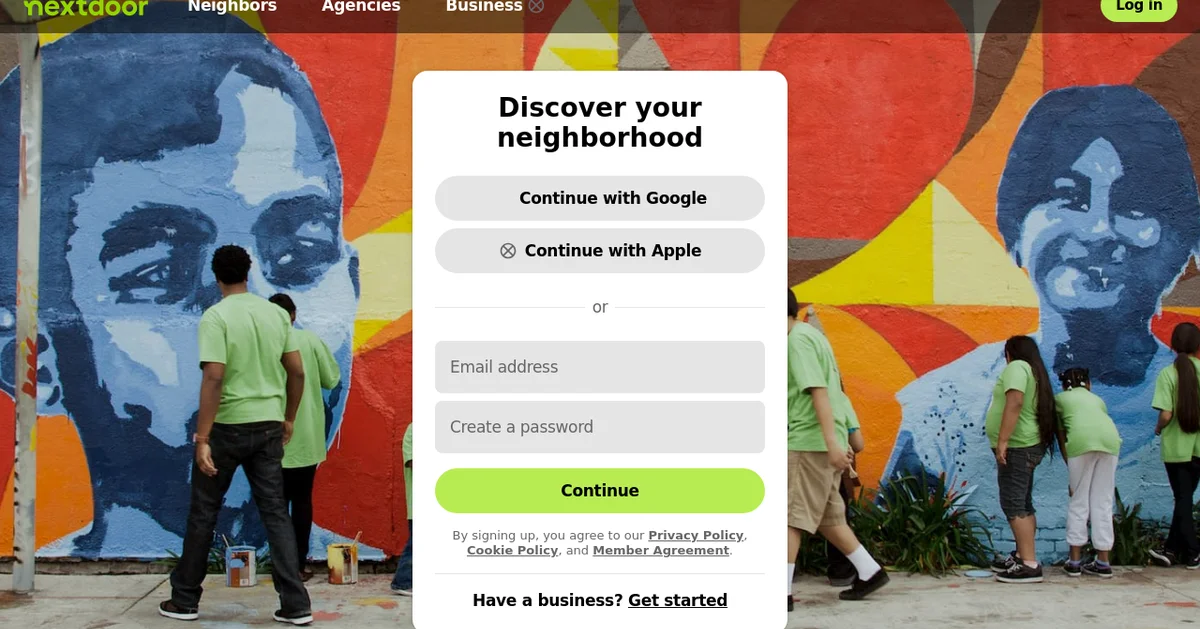
Nextdoor is a neighborhood-focused social platform that connects users with local communities. Established in 2011, it fosters real-world relationships by creating a space where neighbors can share information, recommend services, and stay informed about local events. Unlike traditional search engines, Nextdoor thrives on local content. Users can ask questions about nearby services, get recommendations from trusted neighbors, and keep each other updated on safety concerns.
Nextdoor emphasizes community engagement. Each neighborhood has its own private area for members to communicate. This creates a sense of belonging and trust that can be lacking in larger platforms. The ability to filter information based on specific locations means users receive relevant updates without the noise of broader social media.
Nextdoor is dedicated to improving local business visibility. It allows businesses to connect directly with their neighborhoods, fostering a supportive environment. This helps residents discover local services and gives businesses a chance to build relationships with customers nearby.
Nextdoor transforms the traditional search experience by promoting human connections online. It builds trust within communities and enhances interaction between locals and businesses, offering an alternative to the impersonal nature of traditional search engines.
Pros
- Focus on local content
- Builds community trust
- Direct connection for local businesses
- Personal recommendations from neighbors
Cons
- Limited scope compared to larger search engines
- May not have comprehensive search results outside local context
- Privacy concerns in neighborhood interactions
Yahoo Localworks
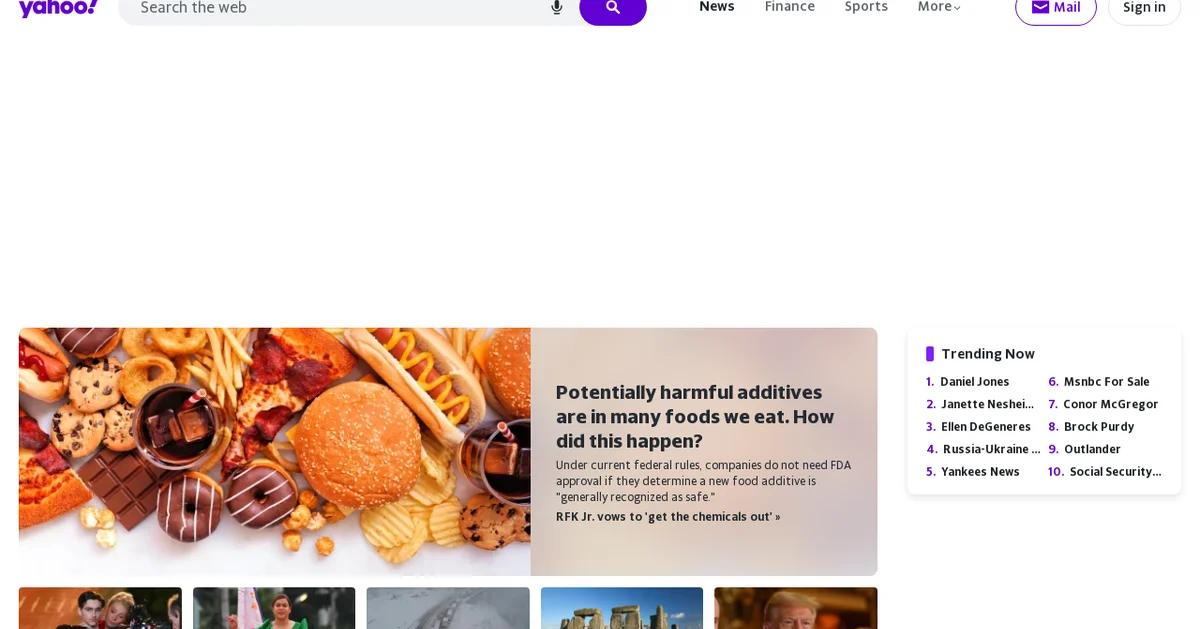
Yahoo Localworks stands out as an alternative to traditional search engine platforms like Google My Business. Originally a local business directory, it now features tools that help small companies improve their online presence. Businesses can manage their listings across various platforms, using Yahoo’s extensive network.
A key feature of Yahoo Localworks is its ability to maintain accurate business information. Small businesses often face problems with misinformation, and Localworks solves this by ensuring that NAP (Name, Address, Phone number) data is consistent online. This is important for SEO, as search engines favor reliable information when ranking results.
Yahoo’s recognition in the digital space gives it an advantage. Many users are already familiar with Yahoo’s offerings, which builds trust. This familiarity can benefit local businesses trying to gain visibility. Localworks is tailored for small businesses, understanding that many lack the resources for extensive online marketing.
Besides listing management, Yahoo Localworks also provides performance tracking tools. Users can get insights into how their listings are performing, assisting in adjusting marketing strategies. With a focus on customer support, Yahoo ensures that businesses can receive help when needed, unlike some competitors that may feel distant.
Yahoo Localworks is a solid option in the search engine technology space, especially for smaller businesses aiming to improve their visibility.
Pros
- Streamlined business listing management
- Consistency in NAP data across platforms
- Strong brand trust and recognition
- Performance tracking features
- Dedicated customer support
Cons
- May not offer as many features as some leading competitors
- Costs could be higher compared to free listing options
- Requires time to manage listings effectively
Yellow Pages
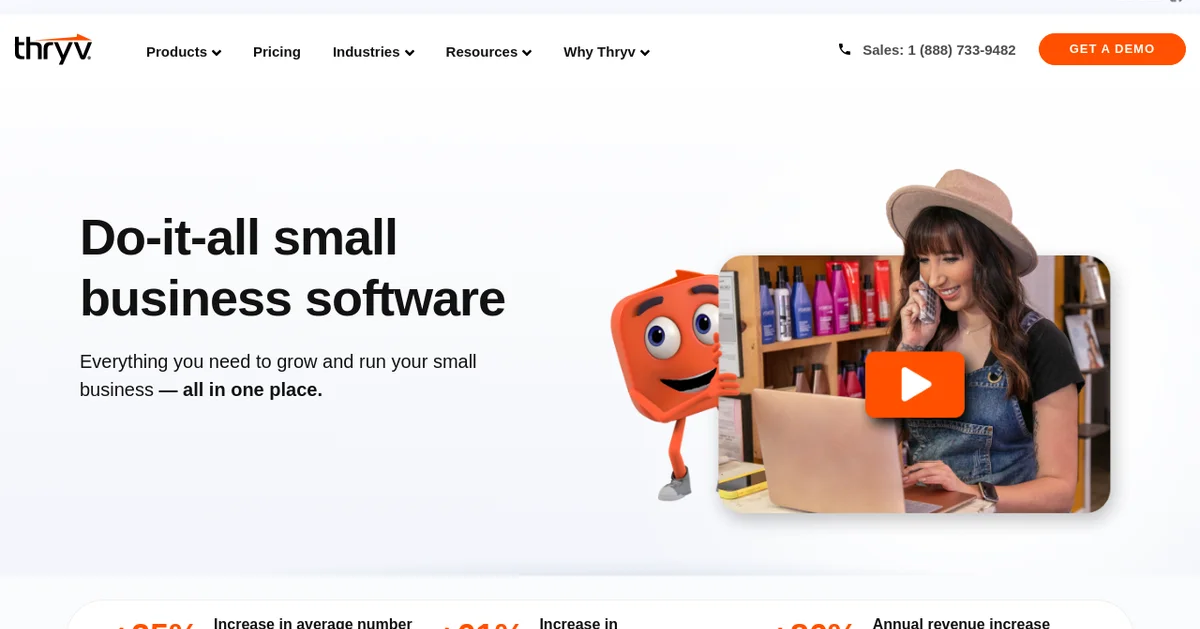
Yellow Pages, or Thryv, provides software designed for small businesses. It aims to streamline various operational tasks to help businesses succeed in a competitive market. Their focus is on addressing the frustrations small business owners face while juggling marketing, customer management, and operations without the right tools.
A key feature is their all-in-one platform, allowing businesses to manage scheduling, customer relationship management (CRM), invoicing, and email marketing from one interface. This integration helps businesses stay organized and save time—up to 20 hours a week, which can significantly benefit busy owners.
Another benefit is their strong communication tools. Whether managing customer inquiries from different channels or sending appointment reminders, Yellow Pages keeps users connected without confusion. They also offer a free dedicated business line to simplify client communications.
Yellow Pages stands out by specifically targeting small businesses. Their software scales as a business grows, adapting to changing needs—reflecting the flexibility required in today’s environment. Unlike Google My Business, which offers a broader search engine service without specific small business tools, Yellow Pages tackles the unique challenges small businesses encounter.
Yellow Pages provides features to help businesses lessen operational burdens, improve customer interactions, and improve growth.
Pros
- All-in-one platform for management
- Significant time savings with streamlined processes
- Strong focus on small business needs
- Comprehensive communication tools
Cons
- Monthly costs may be a consideration for some
- May lack the extensive reach of larger platforms like Google My Business
MapQuest
MapQuest is a player in the mapping and navigation space, known for its direction-finding services and travel planning tools. Launched in 1996, it became a go-to platform for users seeking reliable route options. While many alternatives exist, MapQuest offers a distinct experience.
One standout feature is its route planner, which allows users to customize travel routes based on preferences. You can avoid tolls, prefer highways, or enjoy scenic views, giving you control over your journey. The platform also integrates local business information, so you can find restaurants, gas stations, and hotels along your route without switching apps or conducting additional searches.
MapQuest emphasizes user experience. The interface is simple, making it easy for anyone to plan their journey without feeling overwhelmed. Its commitment to providing local information enhances the planning process, making it suitable for both quick trips and longer travels.
The company meets the needs of travelers by offering mobile solutions. Whether on a desktop or using the MapQuest app, getting directions is seamless, no matter your location. They also cater to businesses through enterprise solutions, allowing companies to manage routes and logistics more effectively.
MapQuest stands out as a solid option in the search engine technology space with its custom route planning and user-friendly interface. They’ve built a brand around helping users navigate, making travel easier one map at a time.
Pros
- Customizable route options
- Integrates local business information
- User-friendly interface
- Mobile app for navigation
- Enterprise solutions for businesses
Cons
- May not have as many features as some competitors
- Might lack advanced technology found in newer alternatives
DuckDuckGo Local
DuckDuckGo Local is carving out its niche in the search engine space, offering users a different approach to finding local businesses and services. The platform emphasizes privacy and simplicity, setting itself apart from major players like Google. Users can search for local restaurants, shops, and services without being tracked or bombarded with ads based on their previous online behavior.
The company started with a mission to provide a search experience where user data isn’t collected or sold. This commitment to privacy resonates with those who are wary of how their personal information is handled. Unlike Google My Business, which relies on user data to refine search results, DuckDuckGo Local promotes an anonymous searching experience. Users can feel secure knowing their queries don’t contribute to a profile that companies might use to target them later.
DuckDuckGo Local features community-based reviews and easy navigation. Users can quickly access important information like business hours, contact details, and ratings without endless scrolling. This focus on ease of use enhances the local search experience.
One significant benefit is the simplicity of the interface. There’s no overwhelm from ads cluttering the page. Instead, it provides a clear space to find what you need. This focus on community and straightforwardness often leads to genuine user satisfaction.
Pros
- Strong focus on user privacy.
- No ads cluttering search results.
- Easy-to-navigate interface.
- Community-based reviews improve trust.
Cons
- Smaller database than larger competitors.
- Might lack advanced search features.
- Less personalized results.
Uberall
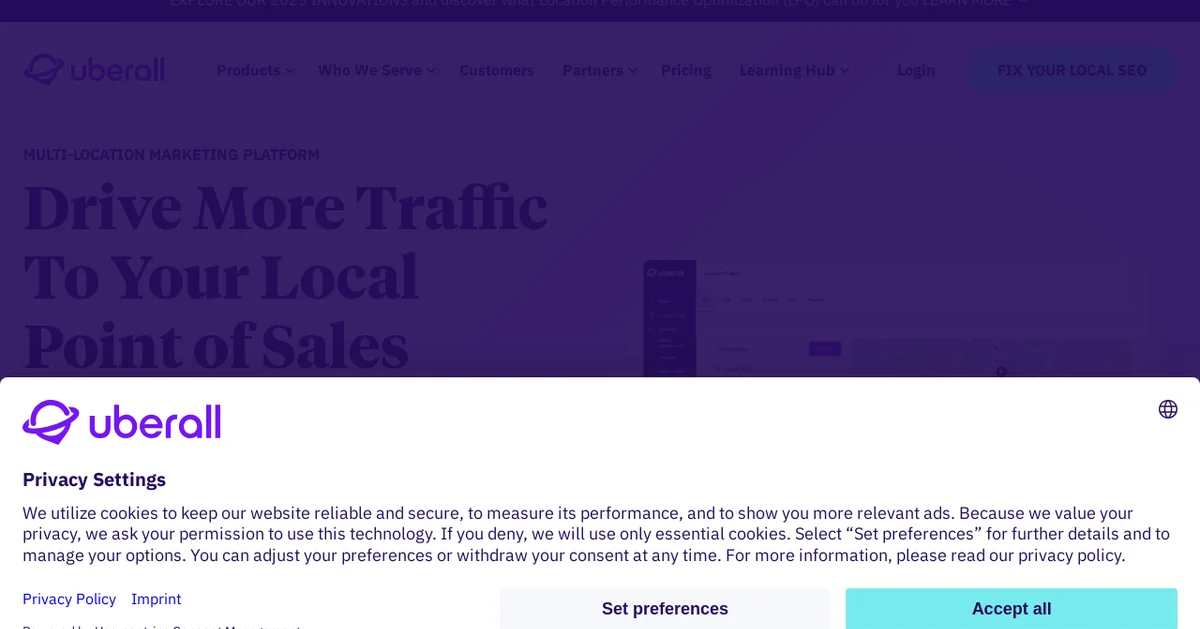
Uberall is making strides in location marketing by helping businesses improve their local presence. The company aims to convert local searches into sales through its platform that makes managing online visibility easier. Uberall’s method for optimizing location performance allows organizations to control and manage information across multiple locations.
A key feature of Uberall is its capacity to handle business listings on major search engines and directories. This centralized control lets businesses update their information on platforms like Google and Apple from one dashboard, simplifying the process. The platform’s review management tools enable quick engagement with customer feedback, allowing businesses to respond effectively and build trust.
Uberall provides insights that help brands assess their local SEO performance and conversion rates. This information can improve decision-making by measuring ROI and refining marketing strategies. Another benefit is the social media management feature, which localizes marketing efforts on various platforms, helping brands maintain a consistent presence.
Uberall’s journey reflects a commitment to assisting businesses in increasing local visibility and boosting revenue. With over 1,000 marketing teams relying on them, many are witnessing significant results.
Pros
- Centralized management of listings
- Real-time review monitoring and response
- Insights for improved performance
- Strong social media localization features
Cons
- Initial learning curve for new users
- Pricing may be a barrier for smaller businesses
Moz Local

Moz Local is a tool for local SEO and reputation management. It helps manage business listings, reviews, and social media updates from one platform. This centralization benefits businesses that want to maintain a strong online presence in local searches and streamline digital marketing efforts.
One of Moz Local’s key features is its business listings management. Users can control how their business appears across online directories, ensuring consistency and accuracy. Inconsistent information can confuse customers and hurt search rankings. The review management component allows businesses to monitor and respond to customer feedback, building a positive online reputation.
Moz Local offers performance monitoring tools that report on visibility, sentiment, and overall online presence. This data is important for businesses tracking progress and showing the impact of their local SEO efforts. The platform’s design allows even those new to digital marketing to navigate it easily, making it accessible for various businesses.
Alternatives like Google My Business may offer strong SEO tools, but Moz Local’s focus on local presence and reputation management makes it distinct. Its specialized focus, comprehensive features, and user-friendly interface make it an appealing option for companies seeking to improve their local SEO efforts.
Pros
- Business listings management
- Review management system
- Performance monitoring and reporting tools
- User-friendly interface for various businesses
Cons
- Primarily focused on local SEO, may lack broader SEO tools
- Pricing may be a consideration for smaller businesses
- May require a learning curve for full use of features
Semrush
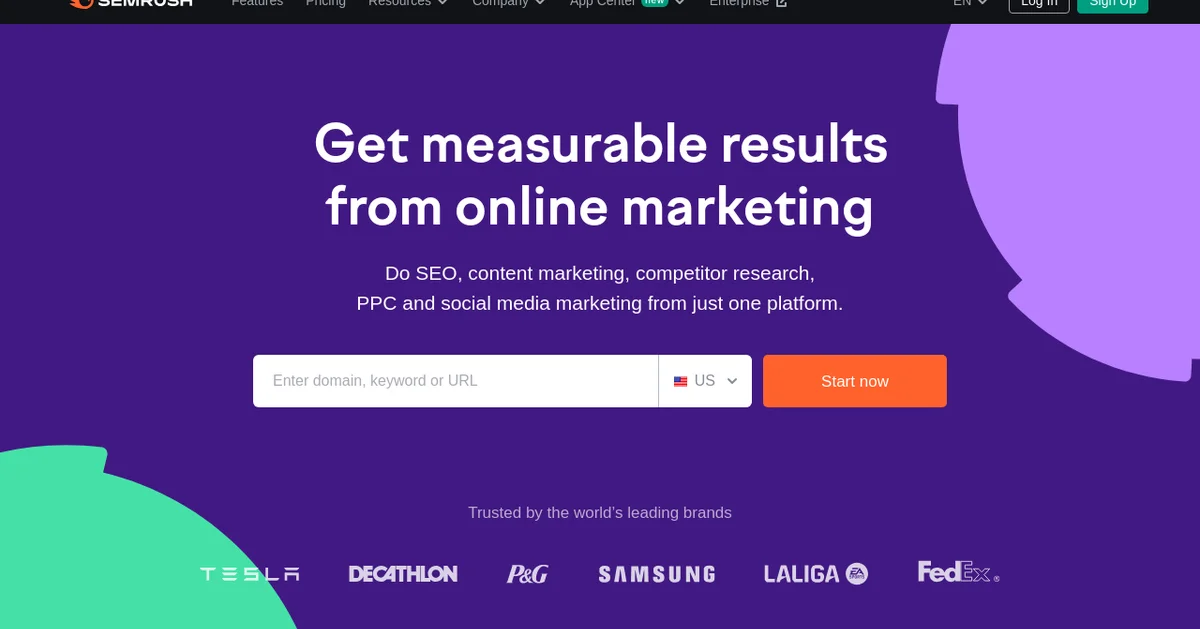
Semrush stands out as a tool in the search engine technology space, offering a platform that streamlines digital marketing activities. It helps users cover all aspects of online marketing in one place—making it a solid alternative to Google My Business. Whether focused on SEO, content marketing, PPC, or social media, Semrush has you covered.
Initially launched as a keyword research tool, Semrush has grown to include extensive features, such as competitor research and market analysis. They provide access to over 26 billion keywords across 130 countries. One of their most praised capabilities is the site audit feature that runs over 130 checks to identify and resolve SEO issues, significantly improving website performance.
For content creators, Semrush offers tools to help draft SEO-friendly articles, providing insights into engaging topics and tips to improve content. You don’t need a lot of expertise to create content that resonates with your audience, which sets Semrush apart from others.
They also support advertising strategies by allowing users to monitor competitor campaigns and optimize PPC initiatives. Agencies benefit from streamlined client management tools, improving client reporting and workflow efficiency.
Semrush positions itself as an all-in-one solution for marketers seeking to improve their online presence.
Pros
- Comprehensive suite covering SEO, PPC, and social media
- User-friendly interface, even for non-experts
- Extensive keyword database and competitor analysis
- Excellent for content creation and optimization
- Tools for managing client workflows in agencies
Cons
- Can be overwhelming for beginners due to the number of features
- Subscription cost may be higher than some niche tools
- Some features may require a learning curve to fully leverage
BrightLocal
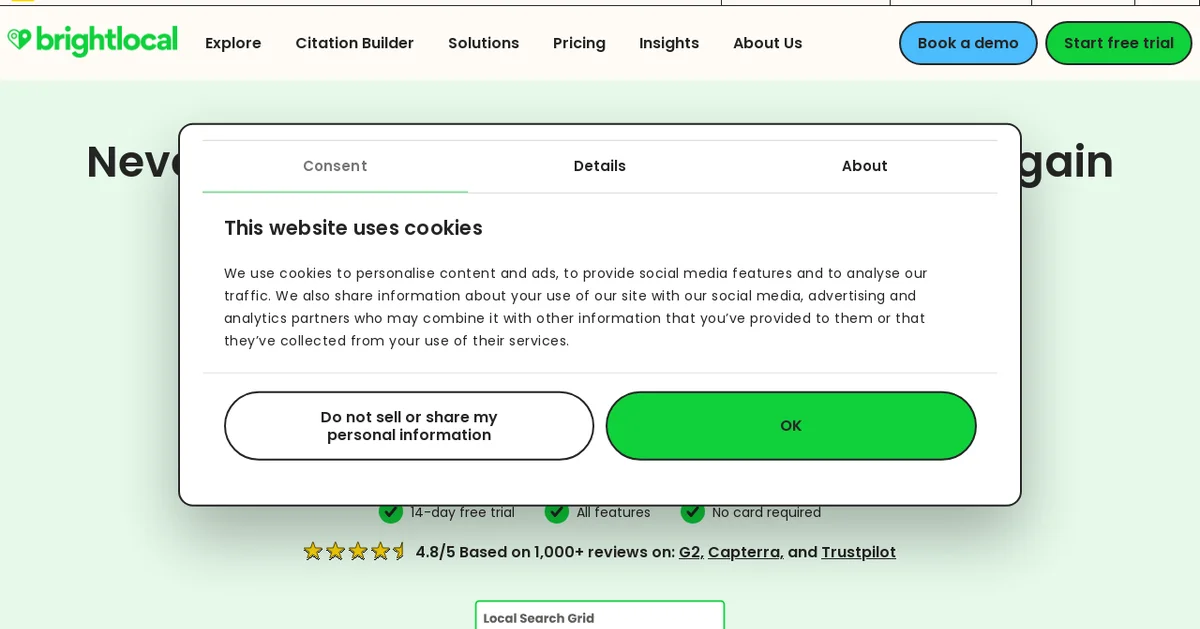
BrightLocal is a solution tailored for local SEO needs, setting itself apart in the search engine technology landscape. It offers both services and self-driven tools that make local ranking improvements straightforward and efficient. The tool addresses local SEO frustration by providing clarity and actionable insights.
One standout feature is its comprehensive auditing tool. It crawls over 300 local search data points, giving users an in-depth look at their rankings, Google Business Profile optimization, and citation opportunities. This kind of analysis is often lacking in more general SEO tools, leaving users confused about their specific location rankings. BrightLocal not only highlights issues but also points out clear opportunities for improvement.
Another key differentiator is the ease of creating reports. BrightLocal allows users to generate branded, easy-to-read reports, enabling agencies to present their work to clients confidently. This feature improves communication and effectively shows the impact of their efforts. Additionally, the platform includes tools for monitoring and responding to customer reviews across various platforms, crucial for building a strong online reputation in local search.
Whether managing multiple locations or streamlining agency operations, BrightLocal offers a thorough approach to local SEO.
Pros
- Comprehensive local SEO tools in one place
- Detailed auditing capabilities to uncover specific local opportunities
- User-friendly report generation for clear client communication
- All-in-one platform for managing reviews and citations
Cons
- May not meet broader SEO needs beyond local search
- Learning curve for those new to local SEO practices
Yext
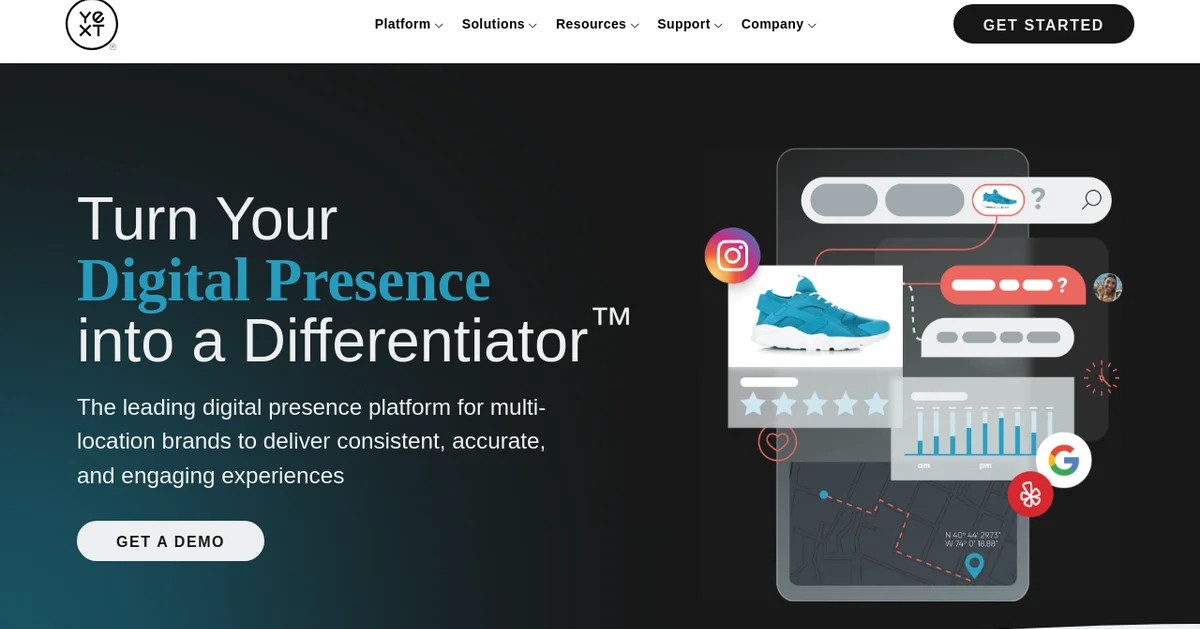
Yext is a key player in search engine technology, especially for brands with multiple locations. Their digital presence platform helps companies manage visibility and consistency across online channels. What sets Yext apart is its ability to provide accurate business information, ensuring that customers find what they need, regardless of where they search.
From AI solutions to content creation, Yext improves how brands connect with local customers. Their platform collects and organizes content based on the preferences and behaviors of the target audience, enabling businesses to offer tailored interactions that resonate with customers.
Yext’s user-friendly interface simplifies the management of digital marketing across all channels. Instead of using multiple platforms, brands can combine their workflows into one cohesive experience. This saves time and enhances data analysis, allowing companies to make quick, informed decisions.
Success stories backing Yext are noteworthy. For example, Domino’s updated listings for nearly 7,000 locations, leading to a rise in site search volume and customer satisfaction. OhioHealth also saw noticeable growth in search views through consistent content management.
Yext is a strong alternative to Google My Business for businesses that need to maintain a uniform brand presence across many locations.
Pros
- Simple management of multi-location brands
- AI tools for personalized customer engagement
- Real-time data analysis for quick decisions
- Smooth integration with current marketing solutions
Cons
- May not be ideal for single-location businesses
- Can be challenging for teams unfamiliar with tech integrations
Localeze
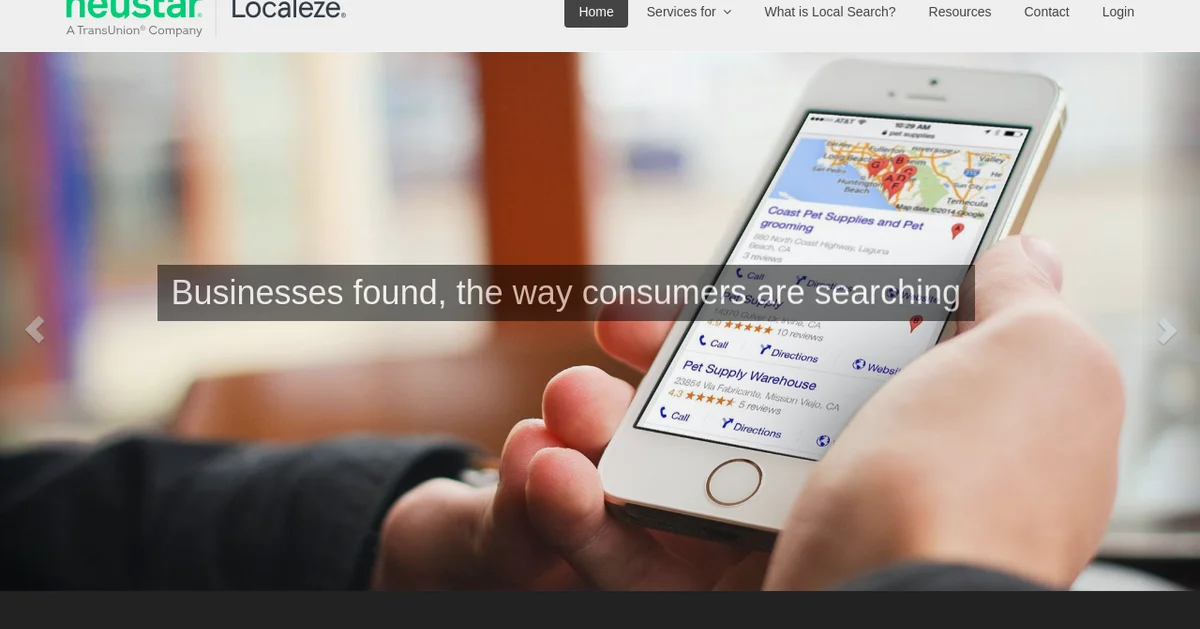
Localeze, now part of Neustar, focuses on local search and directory services. They help businesses improve visibility in local searches, which is crucial for attracting customers. Unlike Google My Business, which covers a wider range of search engine technology, Localeze centers on local listings and business information management.
Localeze stands out for its commitment to data accuracy and coverage. They provide tools that let businesses manage listings on multiple platforms from one dashboard. This saves time and ensures consistent information across the web, which directly affects local SEO performance. They also offer features like data distribution to various directories and platforms, improving local search rankings by helping businesses appear where customers are looking.
Started to help businesses maintain local directory listings, Localeze reflects a deep understanding of the challenges businesses face in a crowded market. They aim to connect businesses with potential customers by ensuring accurate and accessible information. This focus on local visibility meets a specific need many companies have, especially local service providers.
Using Localeze can lead to benefits like increased foot traffic to physical locations and improved online visibility. By ensuring that locations are correctly represented online, businesses can attract more local customers and gain a competitive edge.
Pros
- Focused on local search optimization
- User-friendly dashboard for managing listings
- Improved data accuracy across platforms
Cons
- Limited to local search technology
- May not address wider SEO needs
Synup

Synup serves as an option for businesses seeking to manage search engine technology. Founded to help companies oversee their online presence across multiple platforms, Synup provides tools for both large brands and small businesses. Their emphasis on local SEO and business listings distinguishes them from competitors like Google My Business.
A notable feature is its ability to monitor and manage business listings on over 100 sources, including Google, Facebook, and Yellow Pages. This keeps a business’s information consistent and accurate across platforms, which is important for local search visibility. Clients can track performance and engagement, gaining insights to refine their strategies.
Synup also incorporates AI. Their social media tools offer content ideas and streamlined workflows, allowing for easy publication across various networks. This helps brands engage with their audiences more effectively while ensuring consistent messaging.
The capacity to drive local traffic through customized store locator and landing pages sets Synup apart from Google My Business. Businesses can optimize these pages for SEO, capturing local search intent and improving conversion rates.
Synup provides a user-friendly interface for managing online reputation, streamlining listings, and engaging with customers in a personal way.
Pros
- Comprehensive business listing management across 100+ platforms
- AI-driven content suggestions for social media
- Strong focus on local SEO and conversion optimization
- Easily customizable store locators and landing pages
Cons
- May require a learning curve for new users
- Some features might not be necessary for smaller businesses
- Pricing can vary, potentially affecting budget-conscious businesses